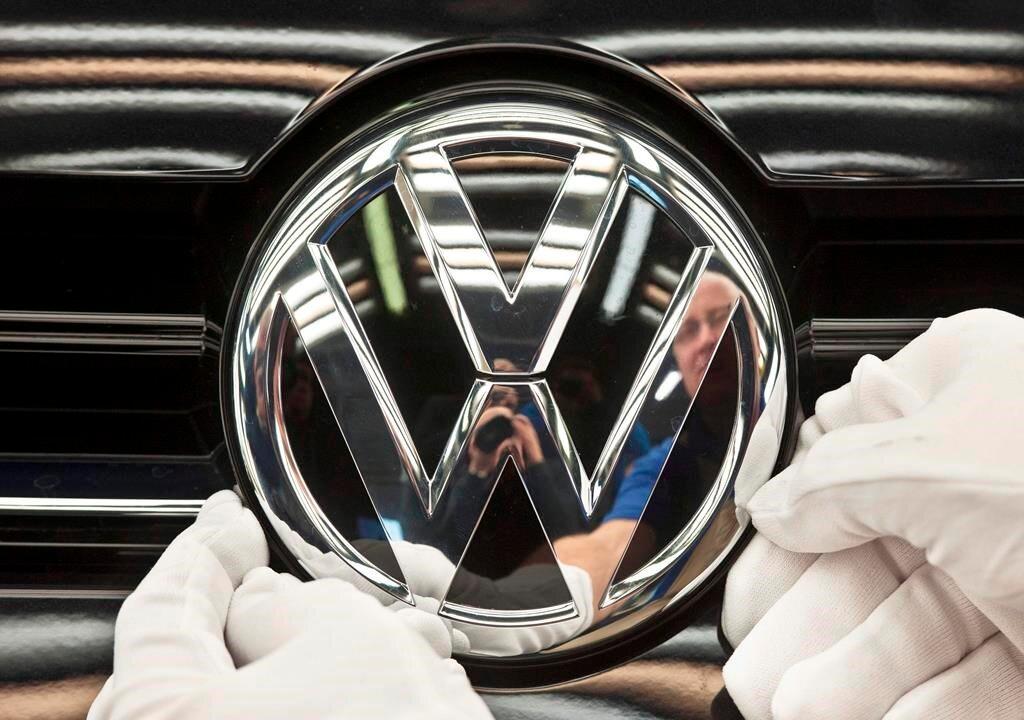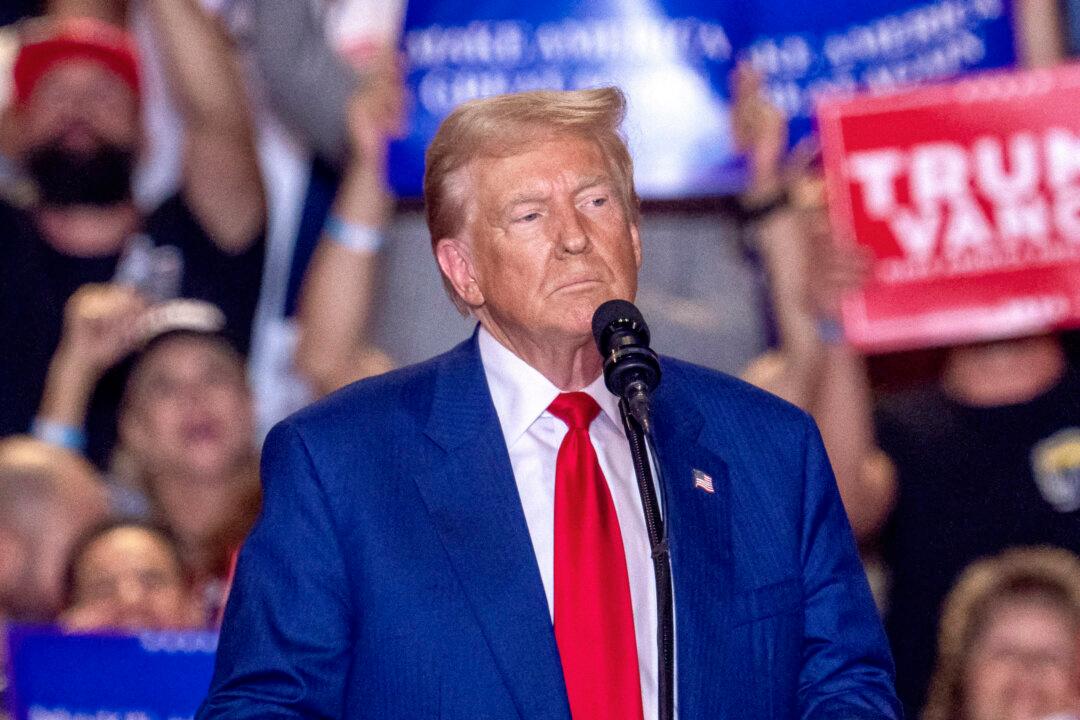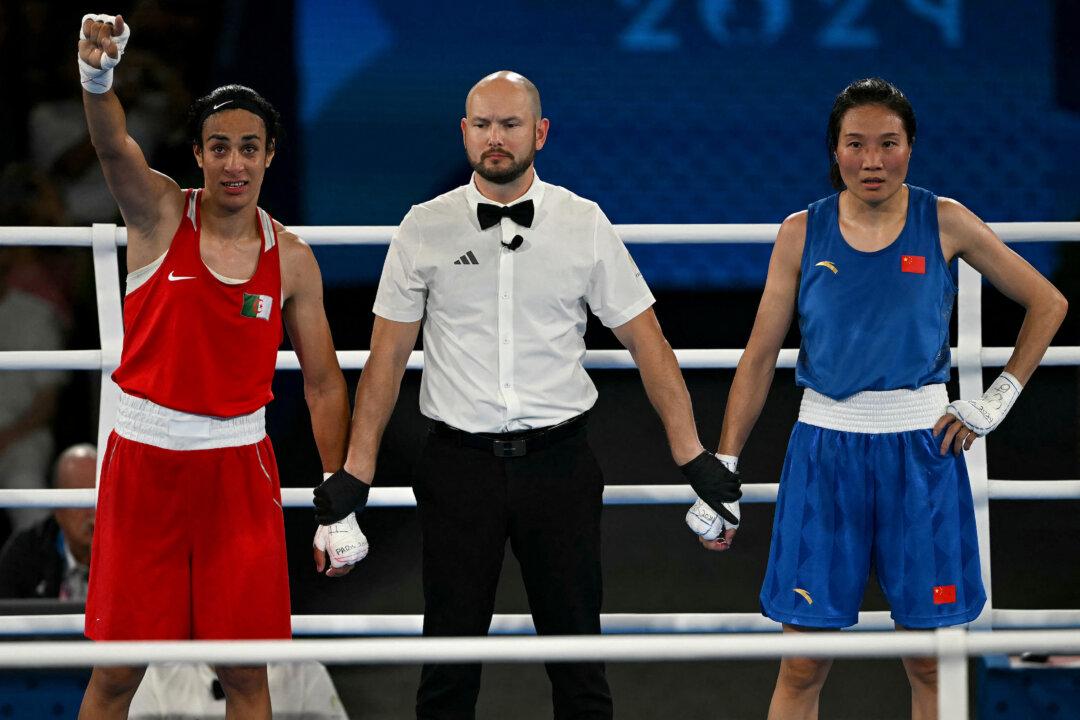Volkswagen will form joint ventures with Huayou Cobalt and Tsingshan Group to secure nickel and cobalt supplies for electric vehicles in China.
The move is part of a 30 billion euro ($33 billion) push by the world’s second-largest carmaker to build a network of battery cell factories and secure more direct access to vital raw materials that are needed to supply them.




